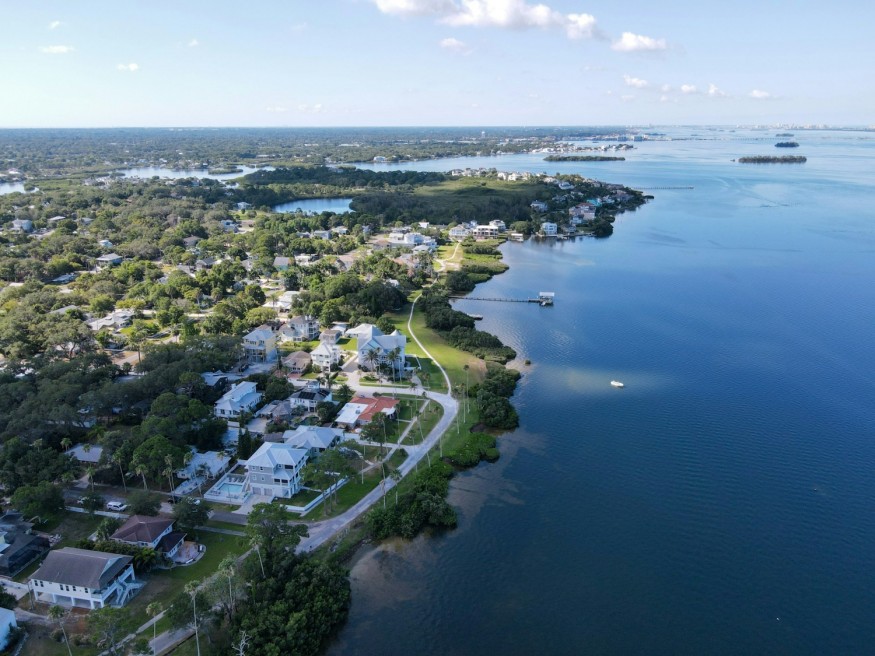A Florida earthquake event occurred earlier this week, mainly in the waters off the eastern coast of the state. The United States Geological Survey (USGS) recorded a 4.0 magnitude quake 100 miles off Cape Canaveral in Brevard County, Florida, at 10:48 p.m. local time on Wednesday, February 7. The cape is located around 215 miles north of Miami City. The tremor was reportedly felt by dozens of people in the region.
There were no reported casualties or property damage from the rare Florida earthquake. The seismic event neither produced a tsunami nor prompted local authorities to issue a tsunami warning. However, the recent natural phenomenon serves as a reminder that the Sunshine State and its surrounding areas can also receive quakes, even if the region is not situated above tectonic plate boundaries, where seismic activities are common.
Rare Florida Earthquake

The USGS at 3:48 UTC on Thursday, February 8, reported the magnitude 4.0 earthquake east of Cape Canaveral with a depth of 10 kilometers. Since then, the recent Florida earthquake was not followed by any aftershocks and the USGS has not recorded any new earthquakes as of Thursday afternoon. The even has been considered unique since this is only the time that a quake was registered in the region after many years.
Based on the records of the USGS since 1900, there was only one other earthquake that occurred in the region where the 4.0 quake occurred this week. In 2001, a 3.3 magnitude earthquake occurred 86 miles off Florida's Saint Augustine Beach.
Also Read : International Shake-Out:13 Million US Residents Brace For Major Earthquake Event on October 21
Tsunami and Pacific Ring of Fire
A tsunami is typically caused by earthquakes or undersea volcanic eruptions, aside from landslips or meteor strikes. Tsunamis are giant waves characterized by their evident towering height as they approach the shore, according to the National Ocean Service of the National Oceanic and Atmospheric Administration (NOAA). In the deep, open ocean tsunami waves do not significantly increase in height.
Tsunamis can occur in all oceanic regions of the world, but the Pacific Ocean and its marginal seas have recorded frequent and relatively destructive tsunamis because of large earthquakes along the margins of the Pacific Ocean. It is also in these margins where the horseshoe-shaped Pacific 'Ring of Fire' is located, a region where earthquakes and volcanic eruptions are common.
Can Tsunamis Hit Florida?
In the case of Florida, there is a very low chance that it will be hit by an earthquake-triggered tsunami since seismic activities in its surrounding region are weaker compared to countries or coastal areas along the Pacific Ring of Fire, which includes the western coast of the United States. The NOAA designated the Atlantic Coast of the US, including Florida, with a tsunami hazard level of "very low."
Despite the low risk of powerful earthquakes and tsunamis in Florida, seismologists and other experts still do not rule out the possibility that a significant tsunami will hit the state. With this, it would likely take some time for us to see the notorious giant wave in Florida and even its adjacent states since the US East Coast and the Gulf Coast are not near subduction zones.
Related Article : US At Risk of Earthquake: 6 Quake Preparedness Tips to Avoid Dangers
© 2025 NatureWorldNews.com All rights reserved. Do not reproduce without permission.





